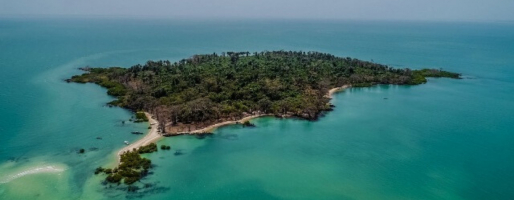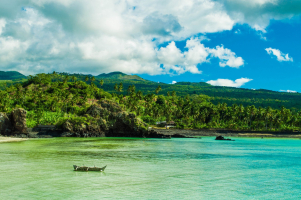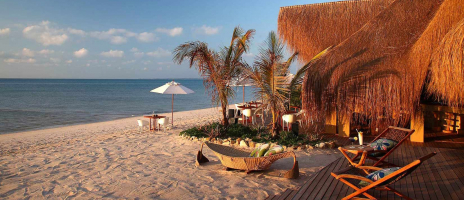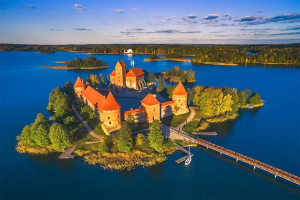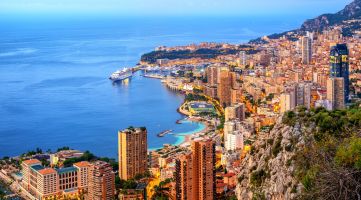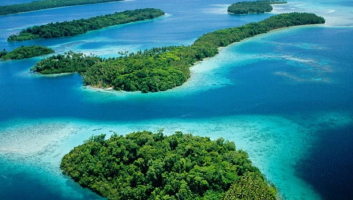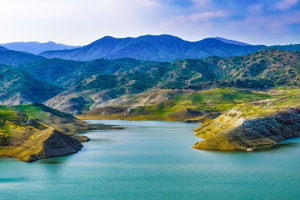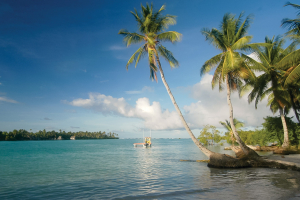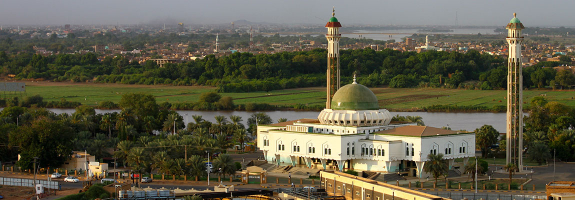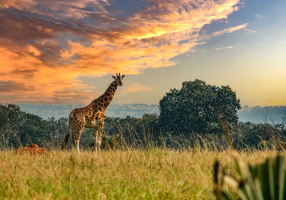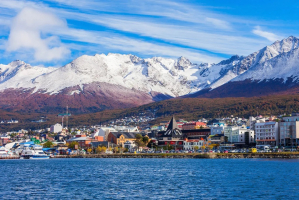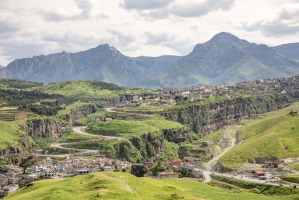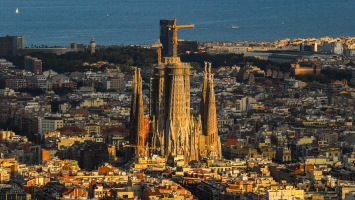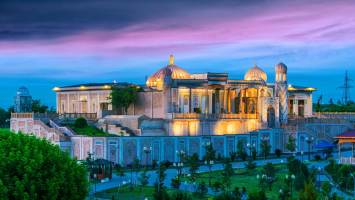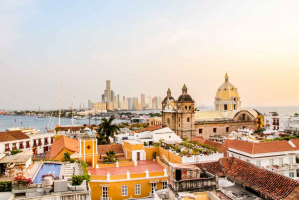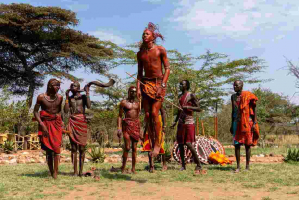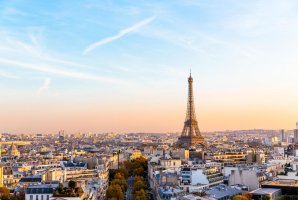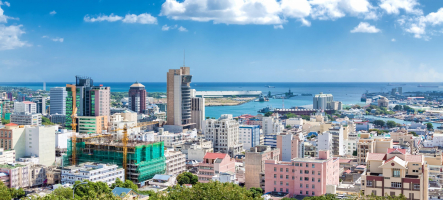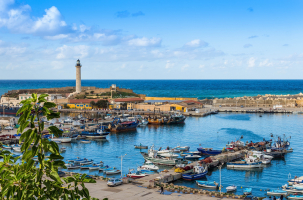Top 9 Things to Know Before Traveling to Bhutan
Bhutan is a tiny landlocked Himalayan country shrouded in mystery and magic, sandwiched between China and India, two of the world's oldest and most remarkable ... read more...civilizations. This fascinating kingdom is full of surprises that you won't know about until you visit. Here are 10 of the most amazing things to know before traveling to Bhutan that will spark your wanderlust.
-
Bhutan is not a budget destination or a place to drift like a backpacker. It only began to open up to outsiders in the 1970s, and it still protects its heritage and ecology by restricting tourism. Before you can get a visa, you must arrange your travel through government-approved agencies and pay in full. You must also be accompanied by a Bhutanese tour guide throughout the trip. This means you can't go backpacking or trekking alone, as you can in neighboring Nepal.
If you travel with a registered tour operator, such as Follow Alice, you will know who your tour guide will be ahead of time. However, if you want to travel independently in Bhutan, the government will assign you a tour guide. Your tour guide will be with you for the majority of the trip. The advantage of this is that you will never get lost or need to use Google Maps to find directions.
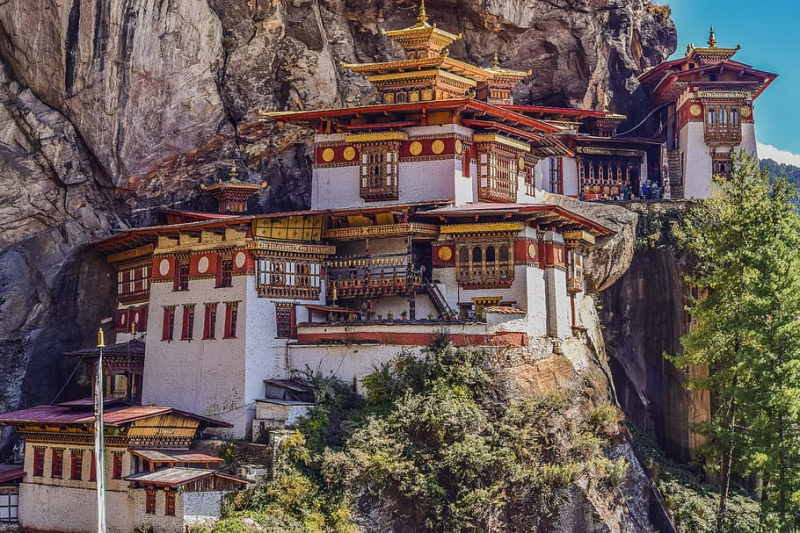
wallpaperflare.com 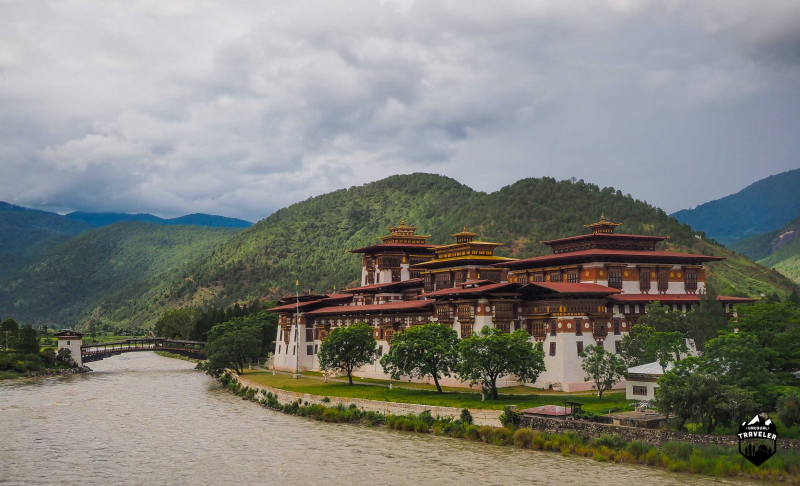
unusualtraveler.com -
Visa is one of the most important things to know before traveling to Bhutan. Actually, Bhutan visas operate differently than other visas. First and foremost, you must obtain a visa for each night spent in Bhutan. This is in contrast to most other countries, which allow you to pay a flat fee every two weeks, month, three months, or more. The daily visa fee is also fairly high. Peak season rates are US$250 per person per night (March to May and September to November). Off-peak season rates are US$200 per person per night. Because of the high visa fee, most visitors do not stay in the country for long.
One of the primary reasons for the high daily visa fee is that Bhutanese tourism policy prioritizes quality over quantity. They want only a few visitors at a time and to give those visitors an unforgettable experience. To put it another way, the Bhutanese government is eager to avoid the dangers of mass tourism. There is a yearly limit on the number of tourists who can enter the country.
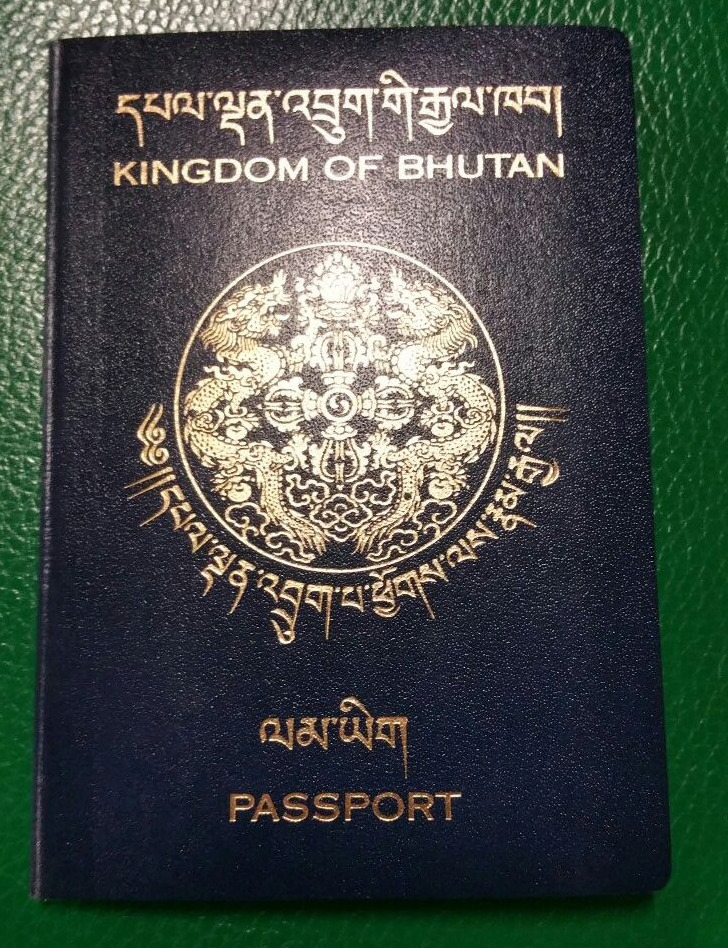
vietnamimmigration.com 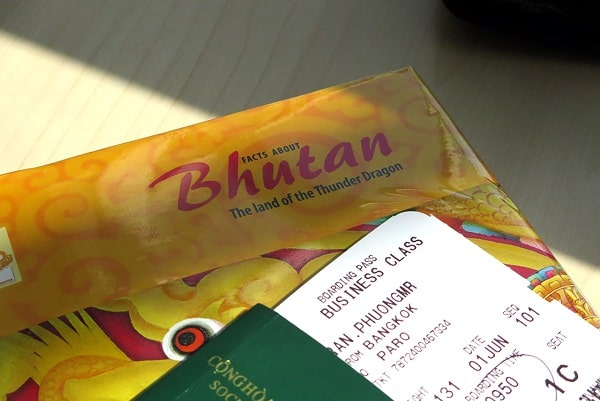
dulichfun.com -
Bhutan is the only country in the world that outright prohibits the sale and production of tobacco, and smoking is also prohibited in public places. Tourists and the Bhutanese elite are permitted to bring in 200 cigarettes, but ask your guide to locate a smoking area. Hotels will accommodate smokers, some local bars and restaurants have indoor smoking areas, and many nightclubs will allow it after dark informally.
Cigarettes imported overland from India (for personal use) are permitted, but are subject to a duty of up to 200 percent. Smuggling tobacco can result in three years in prison, but the black market thrives. Because most Bhutanese cannot afford to go on expensive cigarette runs, local smokers purchase them from 'dealers' at market stalls. Don't expect to do the same: dealers will only sell to people they know. You must bring your own.
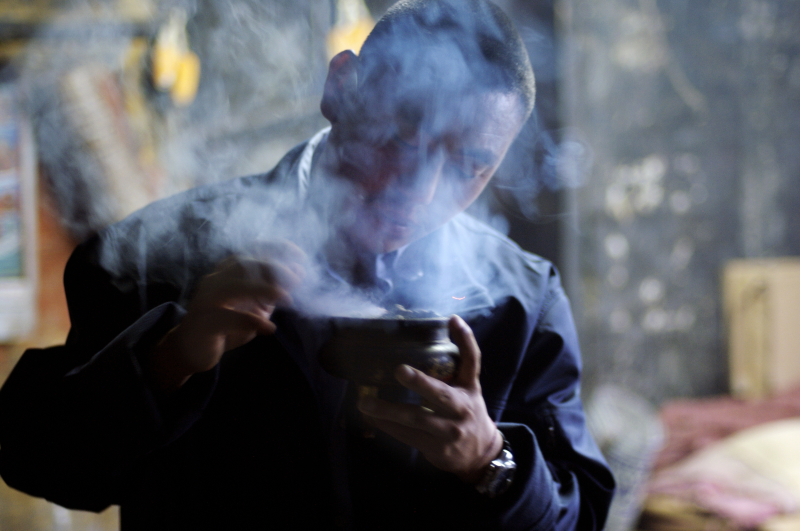
claudialeisinger.com 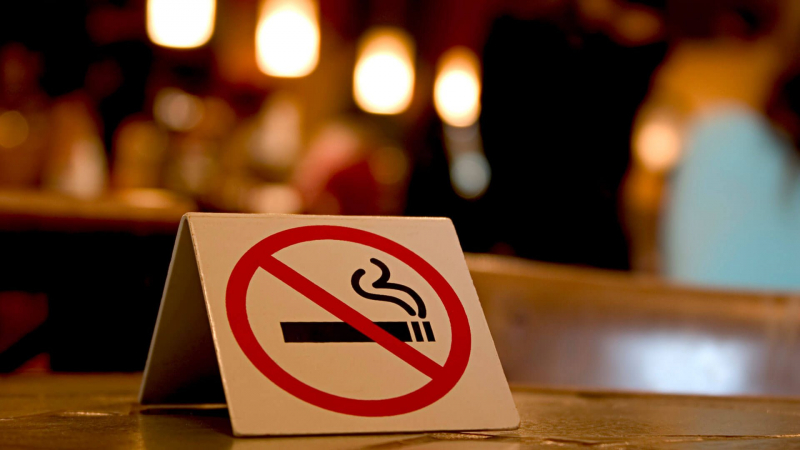
andbeyond.com -
Behaviours that are avoid is one of the most important things to know before traveling to Bhutan. Here are a few guidelines to keep in mind for you when visiting Bhutan:
- Loud music should not be played in public, including inside religious sites and national parks.
- Taking photographs or videos of people without their permission is considered impolite. Also, before taking photos or videos inside places such as monasteries, obtain permission from the attending authority. You'll always have a tour guide with you who can act as a translator.
- Tuesday is designated as 'Dry Day' in Bhutan. This means that locals do not consume alcohol on Tuesday. So it would be courteous to abstain from alcohol on Tuesdays as well.
- When visiting religious sites such as monasteries and temples, it is impolite to wear revealing clothing. Also, be prepared to remove your shoes at religious sites if asked.
- Bhutanese people are very environmentally conscious. Avoid using single-use plastic bottles, cans, and the like if possible.
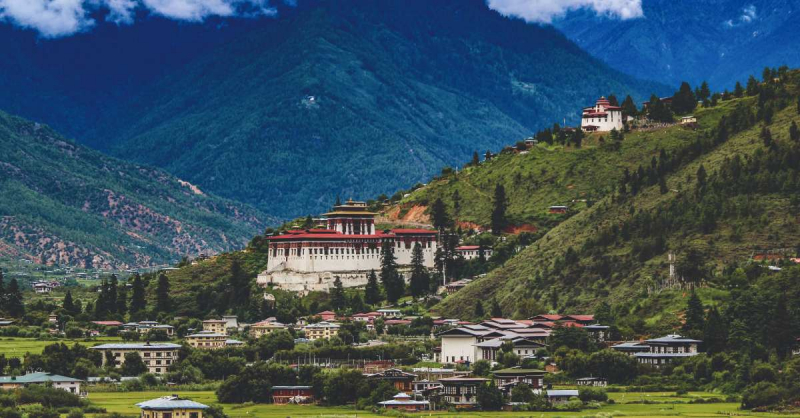
irena.org 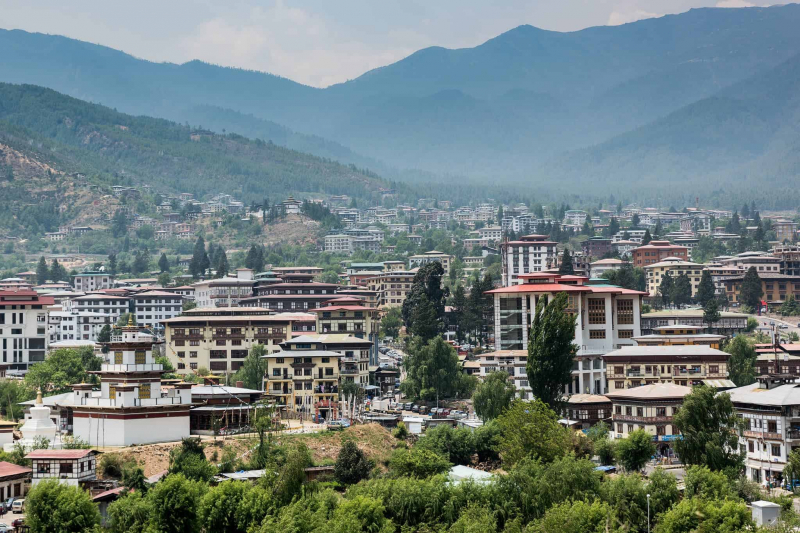
zmescience.com -
Ask your guide to arrange a meal at a farmhouse, which is usually manned by visitor-friendly farmers, to break up the monotonous array of similar dishes in Bhutan's hotels and restaurants. The menu is based on what is in season and readily available in Bhutan. In the spring, fiddlehead ferns and leafy spinach may be found in curries; in the summer, asparagus; in the autumn, succulent matsutake mushrooms—and in the winter, warming potato and turnip curries topped with red rice will send you into a carb coma.
Prepare to sit on the floor, eat with your hands, and consume your weight in red rice as the traditional stove (Bukhari) keeps you and a kettle of sweet milk tea (naja) or butter tea (suja) warm. As a gift for your hosts, bring a bottle of K5 (named after the current king) or Special Courier whiskey. This small gesture will go a long way, and although your plans for hiking later in the day might be thwarted by day drinking, you’ll return with a full belly, and long-lasting memories and friendships.
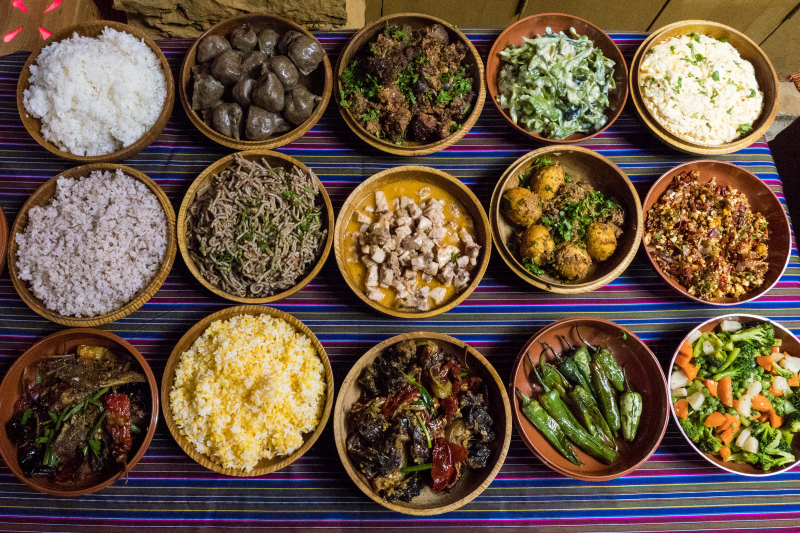
migrationology.com 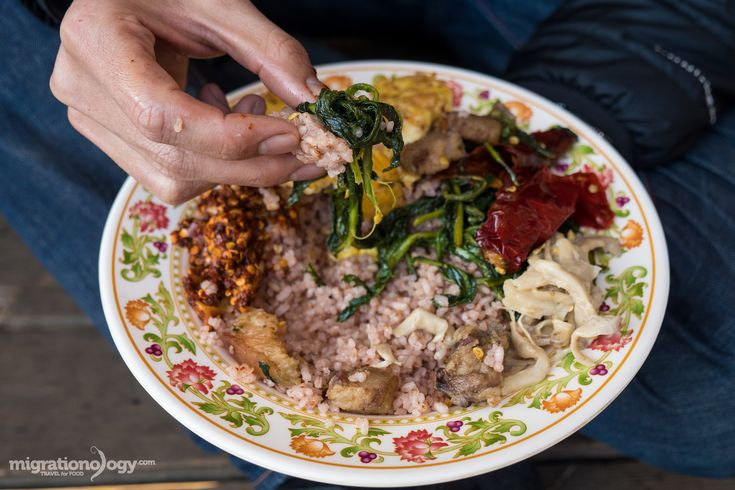
pinterest.com -
The tradition of a hot stone bath dates back centuries and is derived from ancient Tibetan medicine and Indian Ayurvedic practices. A traditional Bhutanese hot stone bath uses river rocks that have been heated until red hot and then placed in the bath water. The rocks then crack and steam, releasing key minerals into the water that relieve aches and pains and are said to have broader medicinal properties. Bhutanese of all ages use this traditional bath to relieve joint pain and increase circulation.
The hot stone bath is a ritual in itself and traditionally these baths were taken close to rivers from where the best stones could be sourced. These days the practice is offered countrywide and you can opt for a luxurious version, like the one at the Gangtey Lodge, or go for a more earthy version in a local farmhouse where the bath is laid on by your hosts. Either way it makes for a very relaxing and restorative experience, especially if you have been doing some trekking. This is unquestionably one of the most interesting things to know before traveling to Bhutan.
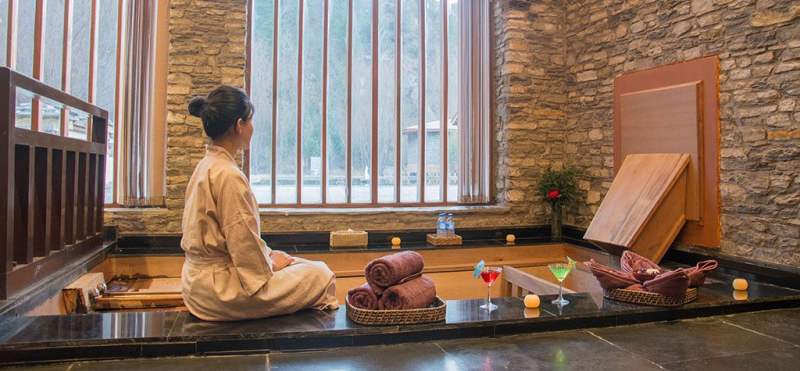
thislifeintrips.com 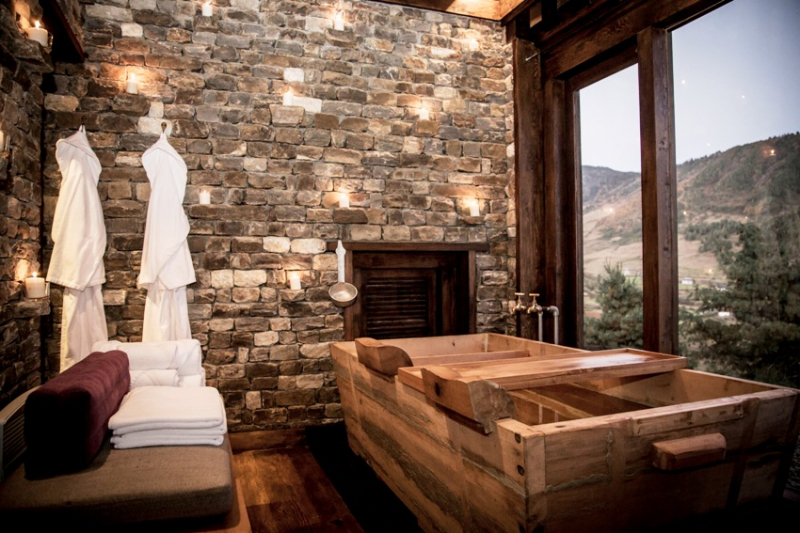
pinterest.com -
Bhutan is a landlocked country tucked up against the Himalayan mountain range. As a result, much of the country is at a very high elevation. The northern half of the country, in particular, is very mountainous and high. This means that visitors to the country's north may occasionally experience symptoms of altitude sickness. This is especially true if you go trekking in the mountains of Bhutan.
Gangkhar Puensum is Bhutan's highest point, rising 7,570 meters (24,836 feet) above sea level. This mountain, which is located on the country's northern border with Tibet, is a contender for the highest unclimbed mountain in the world! When someone who does not live at a high altitude ascends above 3,000 to 4,000 meters, he or she is likely to experience mild altitude sickness symptoms. Nausea, headaches, dizziness, and insomnia are among the symptoms. Many of Bhutan's most popular tourist destinations are located in the country's mountainous northwest. As a result, it might be a good idea to visit your doctor before traveling to Bhutan to discuss altitude medications.
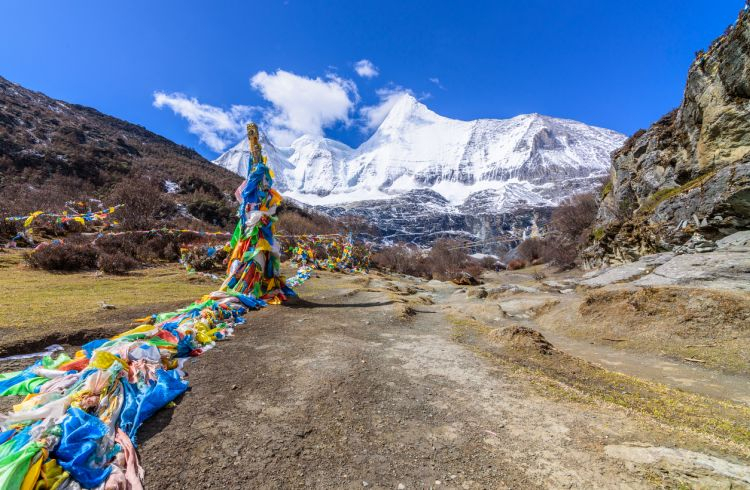
worldnomads.com 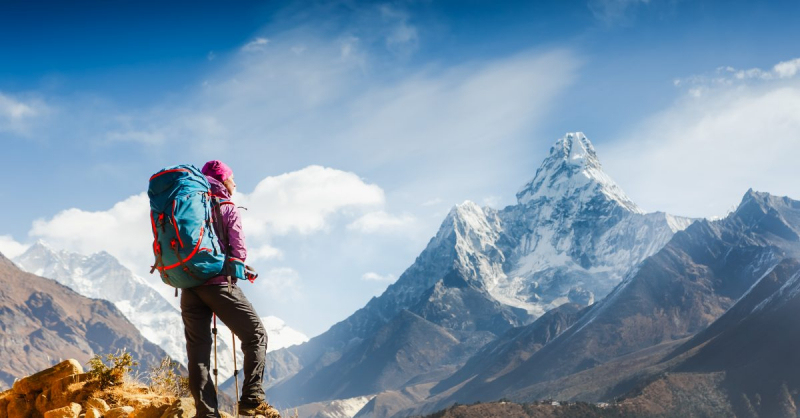
smartertravel.com -
Bhutan, as a small Himalayan Kingdom, lacks sophisticated ATM services in most towns. Bank services are also scarce. Most shopkeepers do not accept credit cards or even checks. Cash is the most widely accepted form of payment. Credit cards are only accepted in hotels, resorts, and extremely expensive handicraft showrooms.
ATMs are not available in remote towns and villages. Limited ATM services are available in the country's major economic centers, Thimphu and Paro, where cash can be withdrawn. However, because the Bhutanese currency has a similar exchange rate to the Indian rupee, large amounts will be accepted in rupees. But first, make sure it's accepted by the vendor.
The following currencies can be exchanged for the Bhutan currency - Ngultrum at the Paro International Airport's foreign exchange desk: US Dollar, Pound Sterling, Euro, Japanese Yen, Swiss Franc, Hong Kong Dollar, Canadian Dollar, Danish Kroner, Australian Dollar, and Singapore Dollars. If you are bringing US dollars, USD 100 bills are more easily exchanged and take less time. Other denominations of currency, however, are also accepted. This is unquestionably one of the most important things to know before traveling to Bhutan.
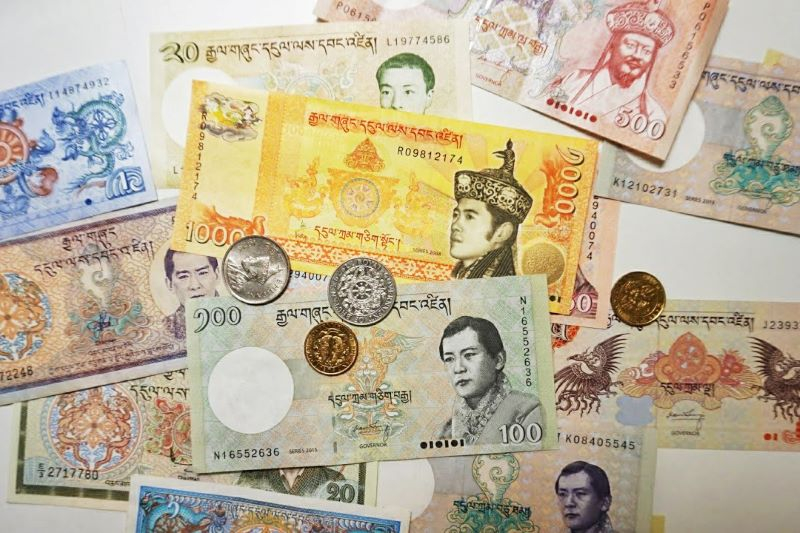
gobhutantours.in 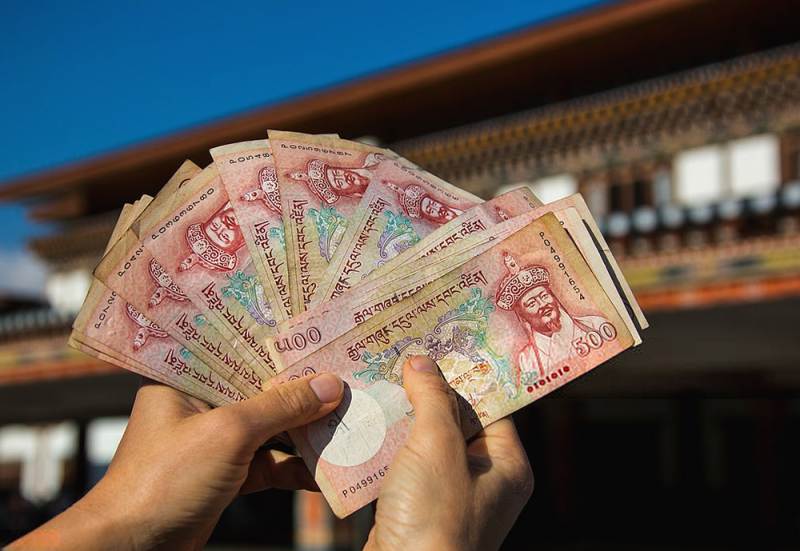
teembhutan.com -
Bhutan transitioned from an absolute monarchy to a constitutional monarchy in 2008. Speaking bad and criticizing the royal family is nearly considered as profanity and blasphemy since they are viewed as manifestations of divine beings. It is blasphemy to criticize them. Other no-nos include the Nepali "issue," which resulted in the deportation of an estimated 100,000 Southern Bhutanese (ethnic Nepalis) in the early 1990s, and disrespecting religious figures.
If you want to have a more in-depth conversation with your guide, start by reading Karma Phuntsho's The History of Bhutan before you go. Your guide will be impressed that you did your research, which may lead to a more candid discussion about current Bhutanese development and politics. They will bolster you huge amounts of valuable data about religion, culture, and anything you need to think about Bhutan.
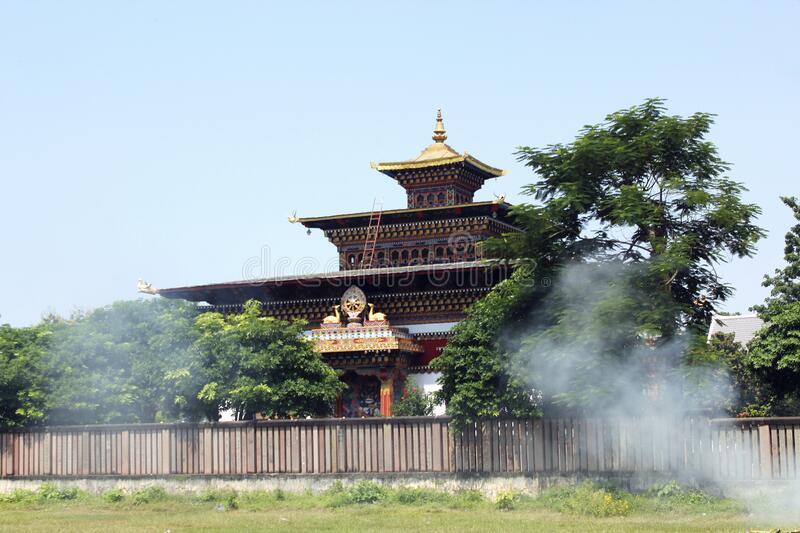
dreamstime.com 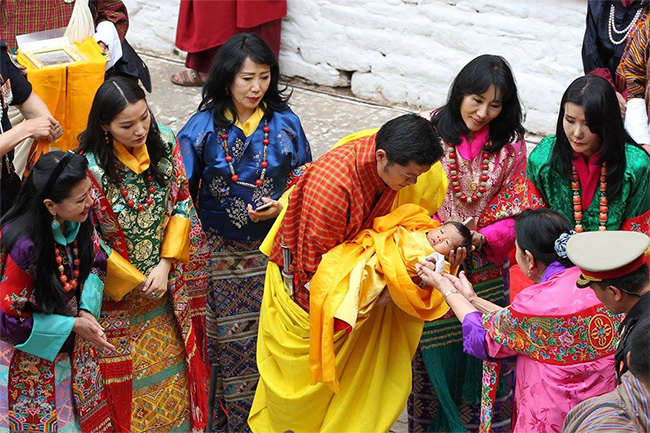
hellomagazine.com











